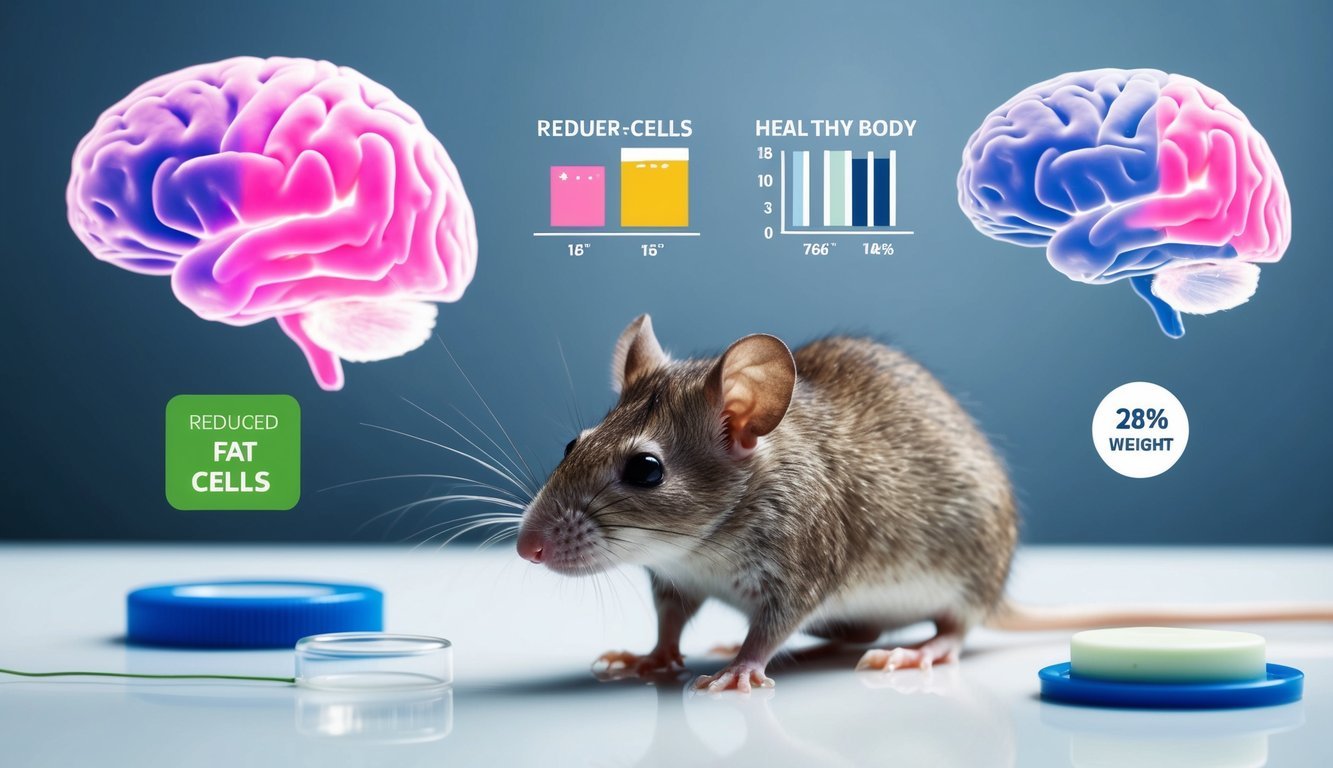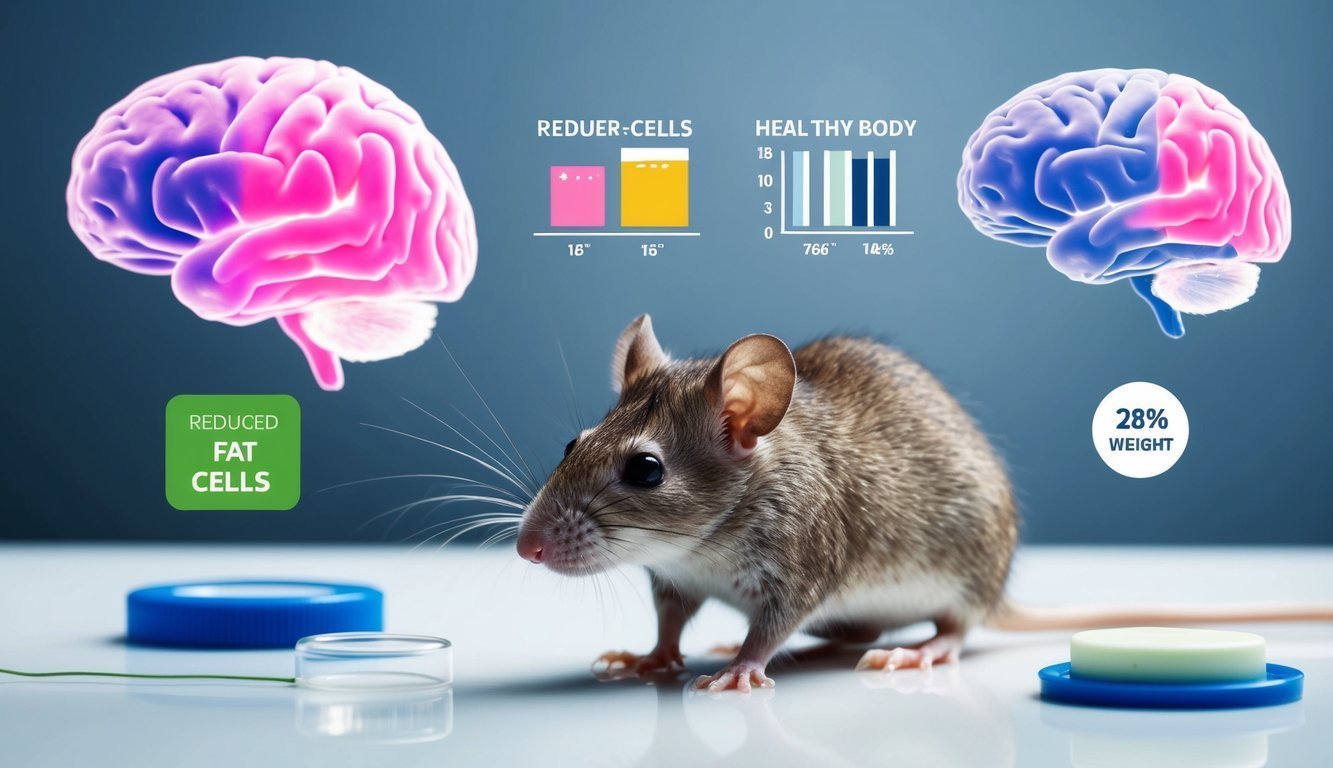
Researchers at the Université de Montréal Hospital Research Centre have made a significant discovery that may lead to new treatments for obesity by examining brain chemistry. Their study reveals that inhibiting the enzyme ABHD6 in the brain can help reduce weight gain in mice by encouraging increased physical activity and decreasing food intake.
Endocannabinoids and Body Weight Regulation
Endocannabinoids, which are naturally occurring substances in the brain, play a vital role in regulating appetite and energy balance. The research team, led by Dr. Stephanie Fulton, has focused on the interplay between the nervous system, eating habits, activity levels, metabolism, and emotional well-being.
Research Findings and Mechanism
Publishing their results in Nature Communications, the researchers found that certain neurons in the nucleus accumbens, a brain region associated with food reward and motivation for physical activity, are key players in controlling body weight in mice.
The enzyme ABHD6 is responsible for breaking down the endocannabinoid known as 2-arachidonoylglycerol (2-AG). Their experiments showed that when the ABHD6 gene was removed from the nucleus accumbens, mice displayed less food-seeking behavior and increased levels of physical activity. Moreover, when a specific ABHD6 inhibitor was introduced directly into the mice’s brains, it effectively prevented weight gain and the onset of obesity.
Potential Therapeutic Strategy
Importantly, the study found that inhibiting ABHD6 did not provoke anxiety or depressive behaviors in the mice. This is a noteworthy contrast to other weight-loss medications that target cannabinoid receptors, which often resulted in adverse psychological effects.
These findings suggest that targeting ABHD6 could become a valuable therapeutic strategy for addressing obesity and related metabolic issues. However, further research is needed to determine if these results can be replicated in people.
“`htmlStudy Details:
- Title: ABHD6 loss-of-function in mesoaccumbens postsynaptic but not presynaptic neurons prevents diet-induced obesity in male mice
- Authors: David Lau, Stephanie Tobin, Horia Pribiag, Shingo Nakajima, Alexandre Fisette, Dominique Matthys, Anna Kristyna Franco Flores, Marie-Line Peyot, S. R. Murthy Madiraju, Marc Prentki, David Stellwagen, Thierry Alquier, and Stephanie Fulton
- Journal: Nature Communications
- Publication Date: December 16, 2024
- DOI: 10.1038/s41467-024-54819-5
- Link: https://www.nature.com/articles/s41467-024-54819-5

